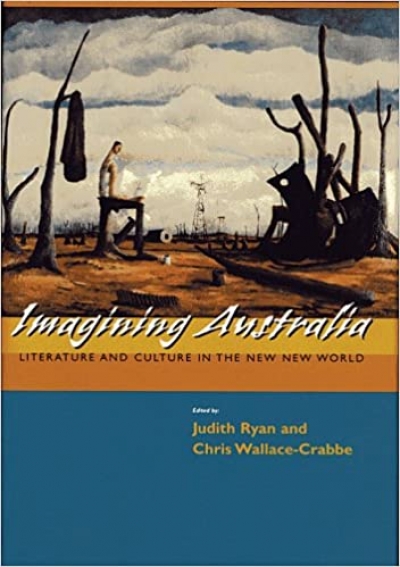Toward the end of his life, Stéphane Mallarmé (1842–98), French poet and founding father of Symbolism, published the prose collection Divagations (1897). This highly ambitious, eclectic work, a repository of Mallarmé’s aesthetic, revitalises the critical enterprise and shakes the very foundations of the literary act. His practice is inaugural, effecting a critique of the subject and of poetry that is unprecedented. Divagations shows the mature Mallarmé at the height of his achievement, inventing a new form of poetic journalism. From the outset, we are invited to read differently. These consummate, diverse pieces, comprising prose poems, lectures, journalism and portraits, are truncated from their original context and strategically redeployed. They illuminate each other differently and acquire a new potency, in tune with the poet’s vision of words in verse interacting like reflective jewels. The dazzling pieces on dance and current events provide a radical critique of contemporary values and show a sense of humour more familiar to readers of Mallarmé’s fashion journal. High and low interchange as the apparently trivial or frivolous acquires seminal status. The ‘Important Miscellaneous News Items’ offer some of the greatest examples of the new ‘Popular Poem’, celebrating the insight and autonomy of the modern reader.
...
(read more)



